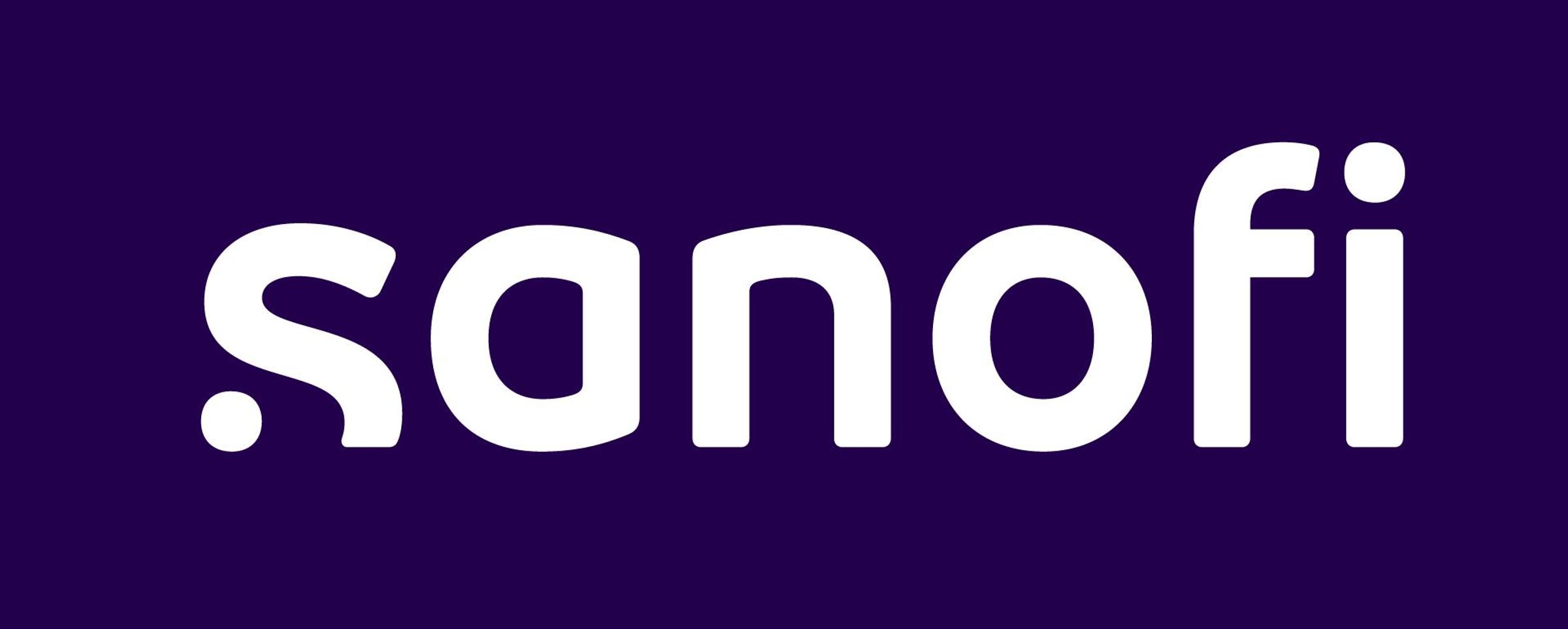Health Equity Accelerator Awards Aim to Expand Solutions for Bigger Impact

New Program to Accelerate Partnerships in Health Equity
By Angie Bricco, Head, U.S. Public Affairs and Patient Advocacy, General Medicines
In our work across the country, one thing is clear: life-saving therapies and procedures are not getting to everyone. Health inequities abound throughout the United States, and those lead to higher costs, wasted spending, and, most importantly, disproportionately worse health outcomes.
At Sanofi, we are All IN on our commitment to improve diversity, equity and inclusion, and a key priority in that commitment is ensuring access to our medicines, therapies and vaccines, especially among traditionally underserved communities.
Disparities in access to medicines, care, support and education have long existed in these communities. With COVID-19 these differences became even more apparent to all of us. Advocacy groups came together to help find solutions, and we at Sanofi are part of that effort, looking to find and share proven ways to advance and expand solutions to the health equity challenge.
This is why we launched the Health Equity Accelerator Awards, designed to help not-for -profit, advocacy organizations in the United States and their community partners expand their impact on three specific disease states that have significant health equity gaps – diabetes, atrial fibrillation and transplant.
We reached out to community non-profit groups nationwide soliciting Health Equity Accelerator Awards applications from those who are providing practical solutions to big problems. Our selected partners will likely be organizations doing up-close-and-personal work with people in underserved communities. Working with them, we will help to scale and sustain their programs so that together we can help reduce health inequities.
For our diabetes award, we are seeking partners who are providing treatment, services, and educational resources to racial and ethnic minorities with diabetes and reducing the high burden of diabetes-related complications that they currently bear.
Our award in atrial fibrillation, often known as Afib, will support organizations that are working to bridge the gaps in Afib care and lack of access to or delay in appropriate treatments. This is critical because Black Americans are less likely to be treated for Afib and more likely to have a stroke. In addition, women in the United States with arrhythmias often are not diagnosed and go under-treated and under-referred for this condition.
Disparities are seen in both the kidney and stem-cell transplant community. Traditionally underserved populations are more likely to need a transplant, but they are less likely to receive one – it is estimated that 50% of U.S. patients awaiting kidney transplants are ethnic minorities. In the cellular transplant community, Black Americans have 29% likelihood of finding a donor match for stem cell transplant vs. nearly 80% for whites. These inequities are occurring in an environment where minorities are also less likely to be aware of organ or stem-cell donation or even consulted on transplant options for treatment. Our goal for the Health Equity Accelerator Award in this area is to ensure that racial and ethnic minorities and underserved populations receive equitable opportunities for stem-cell and solid organ transplantation as well as education on the importance of organ and stem-cell donation.
We believe that everyone deserves the opportunity to have access to transformative therapies and we aim to find solutions that can yield the biggest impact for our communities, believing that when we address what drives health inequities in our society, we can improve long-term health outcomes for all. We look forward to announcing the winners!